
Dr Lee-Ann Fenge
Over the past few years there have been a number of reports which have highlighted concerns about failures of care and patient safety within a range of NHS settings raising serious concerns about the leadership of such organisations. Most recently The Care Quality Commission has identified “serious concerns” about the safety of mental health and learning disability patients at Southern Health NHS Trust. The concerns highlight the failures of leaders to deliver, monitor, assure, and safeguard a culture of safety, quality, and compassionate care and services.
So what leadership challenges are there in turning this situation around? Undoubtedly there have already been improvements in the care offered within the Trust, and the commitment of staff to provide high quality care is beyond doubt. However, the problems result from on-going senior leadership failures within the organisation. Leadership is the most influential factor in shaping organisational culture (Faculty for Medical Leadership and Management, 2015), and is essential to ensure high quality, safe and compassionate healthcare. A key failing identified in Southern Healthcare concerns a lack of robust governance arrangements to investigate incidents, resulting in a lost opportunity to learn from these incidents.
This highlights the importance of senior leadership in establishing and maintaining a culture which is open, responsive and able to learn. Such a culture includes a climate in which communication is valued as a two process which values critical upward communication. This requires a culture of ‘voice’ in which concerns raised by patients, carers and staff are listened to and responded to appropriately. This was sadly lacking at Southern Health and action was not taken to address known risks to the safety of patients, including a lack of response to previous concerns highlighted by the CQC in January 2014, October 2014 and August 2015.
The Trust also failed to respond appropriately to staff concerns about their abilities to discharge certain roles and duties. This perhaps illustrates the failure of senior managers to create a culture of ‘psychological safety’ for staff in which to identify, respond and learn from these problems. Psychological safety has been shown to be a crucial element in organizational efforts to detect and prevent problems (Edmondson et al. 2016). A culture which provides psychological safety for staff embraces ‘challenge’ as a pivotal learning mechanism, and this is supported by the work of McSherry and Pearce (2016) who suggest that safe, quality care requires leaders who can challenge and be challenged.
It is important to learn from the failings of Southern Health. Increasingly NHS leaders need to be able to respond to growing complexity across integrated systems of care. They need the ability to support a system of communication which values the ‘voice’ of all stakeholders to create innovative solutions to 21st century challenges. This requires system leadership that works in partnership across organisations ‘to construct the services that are needed’ (HSJ, 2015:4). It also requires a commitment to create a shared vision of care which values the voice and presence of patients, carers and staff as key stakeholders.
References
McSherry, R.and Pearce, P. (2016) ‘What are the effective ways to translate clinical leadership into healthcare quality improvement?’ Journal of Healthcare Leadership; 2016 (8): 11-17
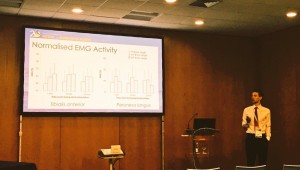


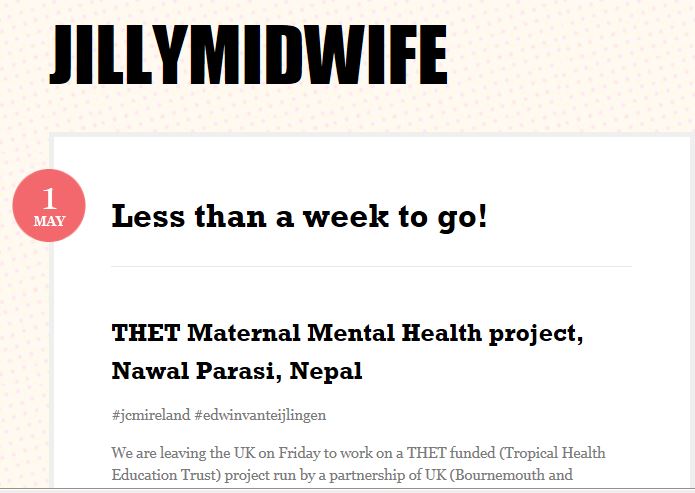
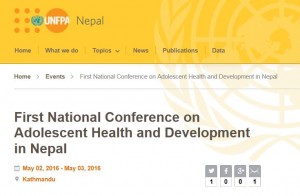




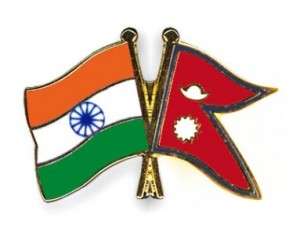

 Dr. Jenny Hall in CMMPH published her latest article ‘Facilitating learning of spirituality in midwifery’ in the academic journal Spiritual Care [1]. She highlights that there has been considerable discussion in the literature around spirituality at the end of life but little relating to childbirth. Perhaps because of this facilitation of learning around the subject is limited. The aim of this article is to raise awareness of these issues and promote future discussion and research.
Dr. Jenny Hall in CMMPH published her latest article ‘Facilitating learning of spirituality in midwifery’ in the academic journal Spiritual Care [1]. She highlights that there has been considerable discussion in the literature around spirituality at the end of life but little relating to childbirth. Perhaps because of this facilitation of learning around the subject is limited. The aim of this article is to raise awareness of these issues and promote future discussion and research. As an ECR I am delighted to see that a research paper that Prof. Pritchard and myself wrote in 2014 has been cited in one of the most well regarded journals in the field.
As an ECR I am delighted to see that a research paper that Prof. Pritchard and myself wrote in 2014 has been cited in one of the most well regarded journals in the field.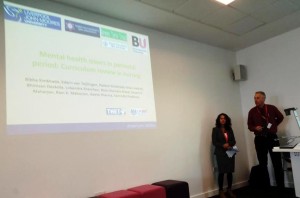
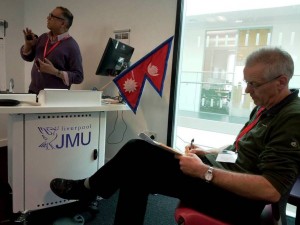

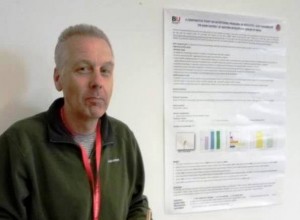

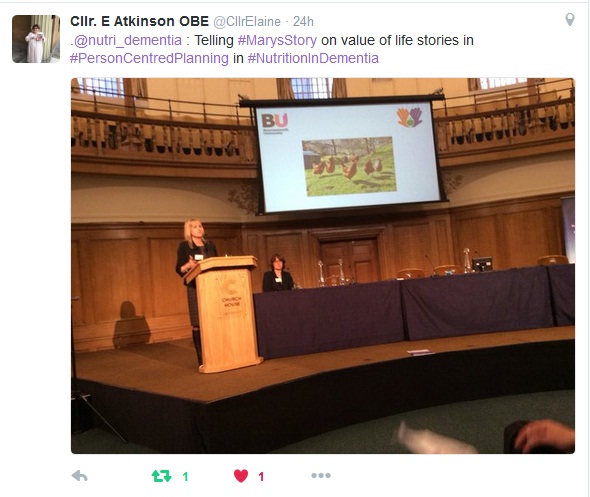
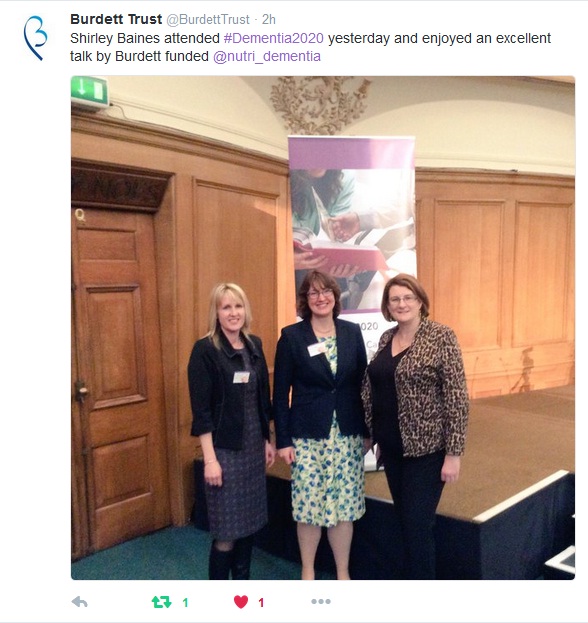











 New CMWH paper on maternity care
New CMWH paper on maternity care From Sustainable Research to Sustainable Research Lives: Reflections from the SPROUT Network Event
From Sustainable Research to Sustainable Research Lives: Reflections from the SPROUT Network Event REF Code of Practice consultation is open!
REF Code of Practice consultation is open! ECR Funding Open Call: Research Culture & Community Grant – Apply now
ECR Funding Open Call: Research Culture & Community Grant – Apply now ECR Funding Open Call: Research Culture & Community Grant – Application Deadline Friday 12 December
ECR Funding Open Call: Research Culture & Community Grant – Application Deadline Friday 12 December MSCA Postdoctoral Fellowships 2025 Call
MSCA Postdoctoral Fellowships 2025 Call ERC Advanced Grant 2025 Webinar
ERC Advanced Grant 2025 Webinar Update on UKRO services
Update on UKRO services European research project exploring use of ‘virtual twins’ to better manage metabolic associated fatty liver disease
European research project exploring use of ‘virtual twins’ to better manage metabolic associated fatty liver disease